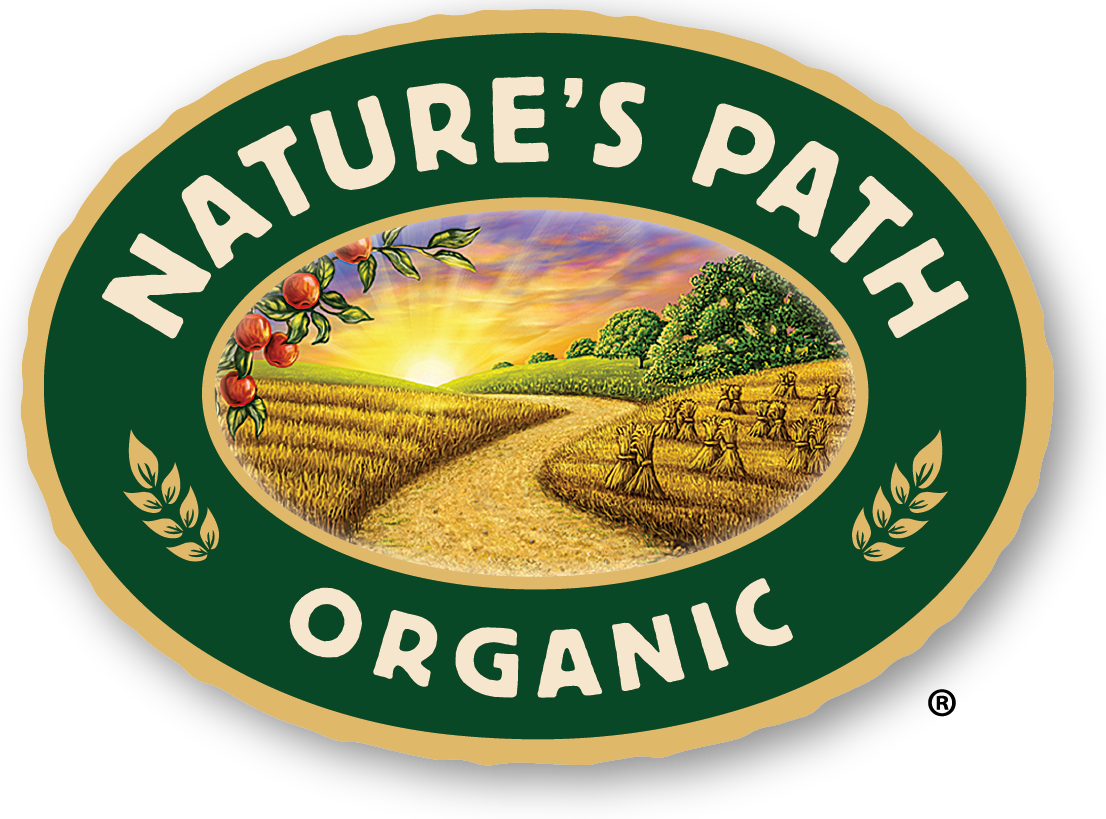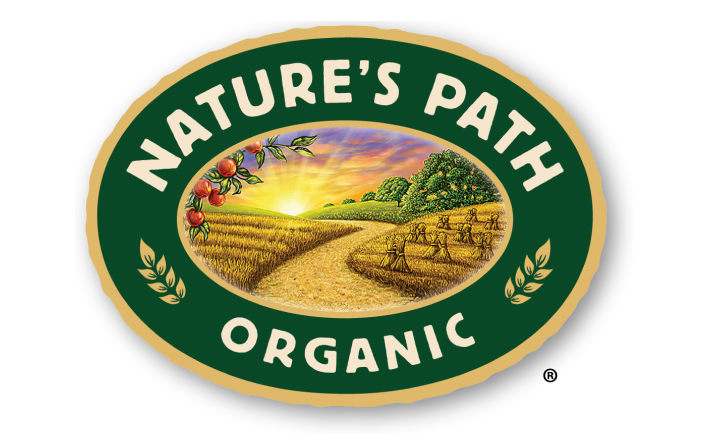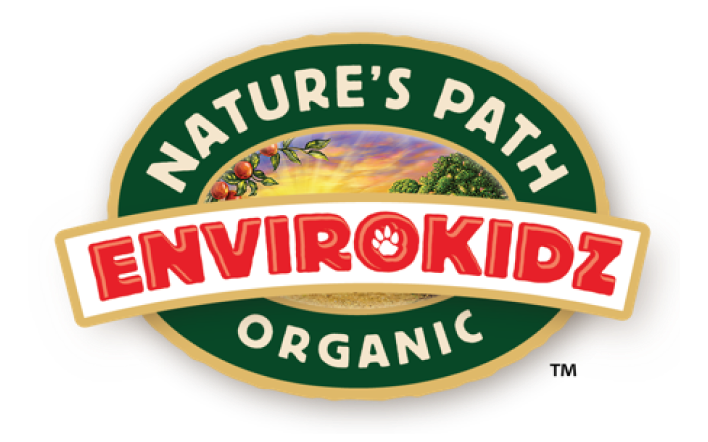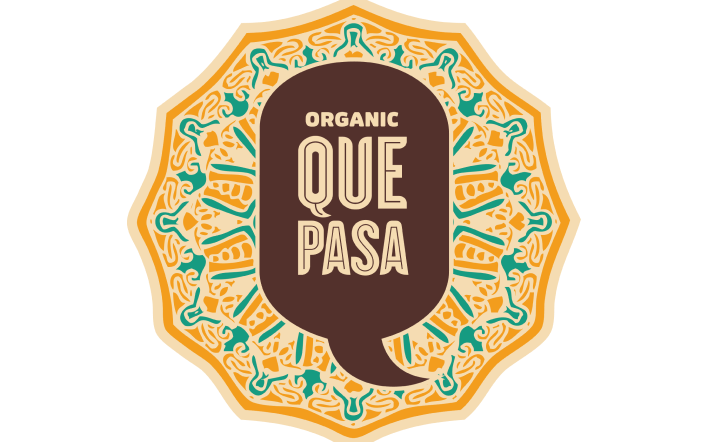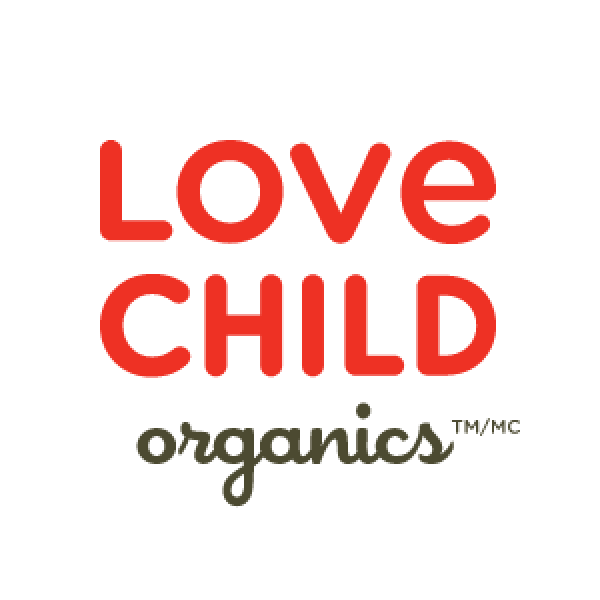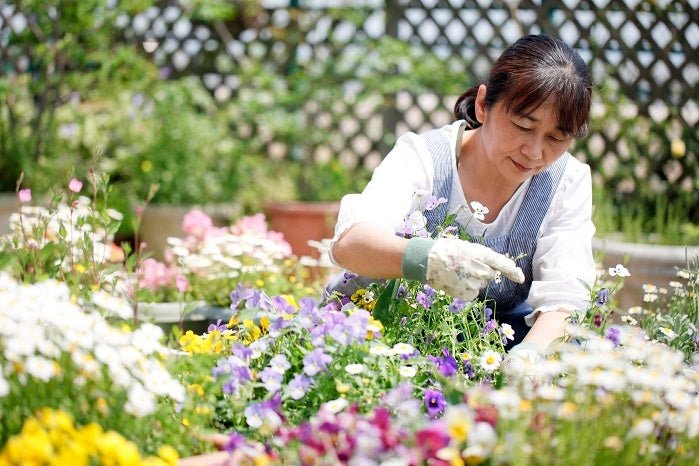
The Basics of Organic Gardening
Many people around the world are becoming aware of how their food is produced. They realize that pesticides have serious health and environmental price tags, and that GMOs are unhealthy and not labeled.
Many people around the world are becoming aware of how their food is produced. They realize that pesticides have serious health and environmental price tags, and that GMOs are unhealthy and not labeled. Organic food sales are on the rise, and so are organic gardens! Growing your own food organically is the way to take control of your food source, improve and maintain your health, and be kind to the planet.
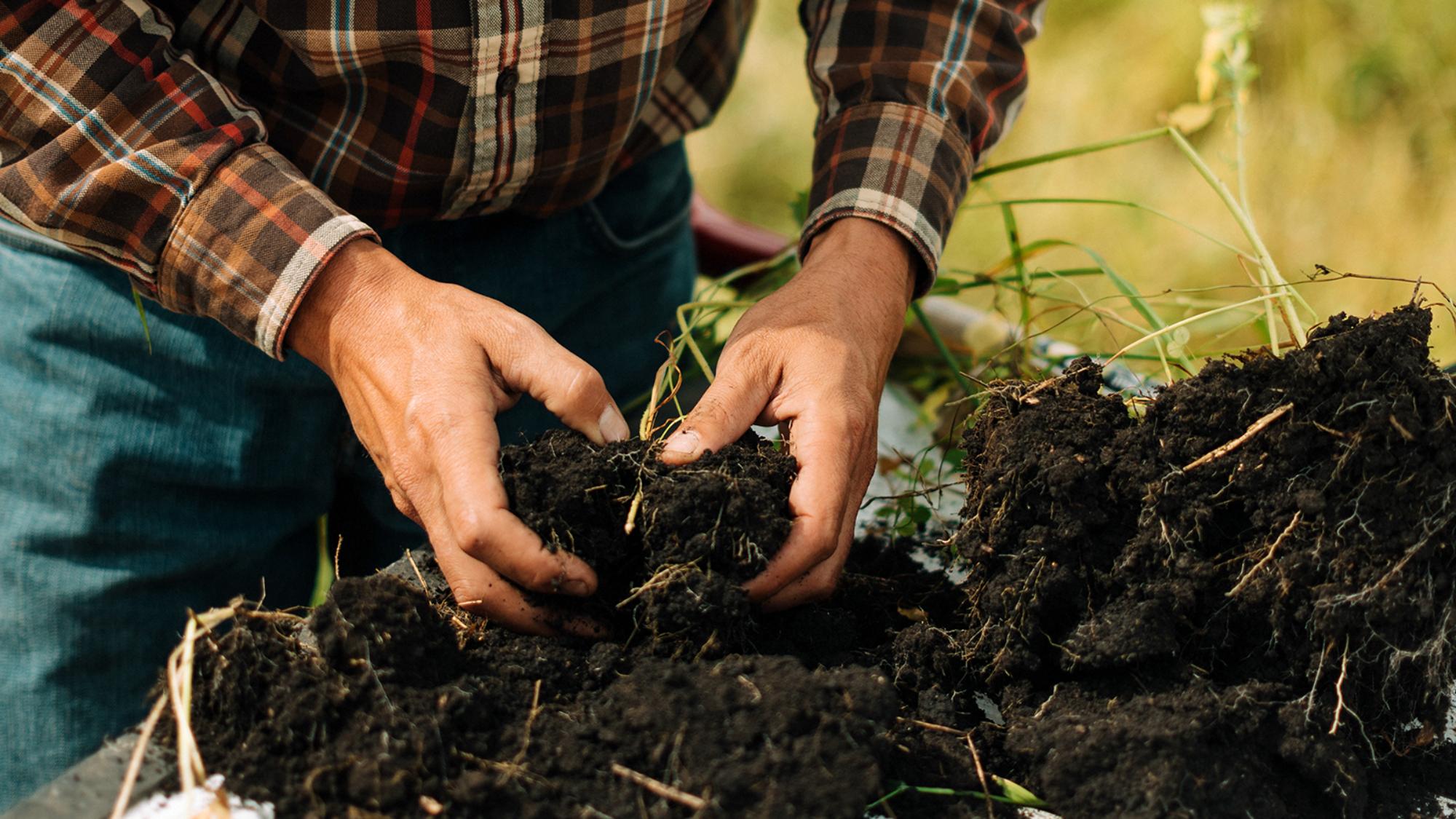 The key to a lush, organic garden is healthy soil. Whether you are growing food or ornamentals, good soil will make a difference in production, and disease and pest resistance.
The key to a lush, organic garden is healthy soil. Whether you are growing food or ornamentals, good soil will make a difference in production, and disease and pest resistance.
 Leaf litter is simply compost, and compost is what will make your gardens healthy and beautiful! It has all the nutrients your plants need, and it adds bacteria and fungi that help plants take up those nutrients.
Leaf litter is simply compost, and compost is what will make your gardens healthy and beautiful! It has all the nutrients your plants need, and it adds bacteria and fungi that help plants take up those nutrients.
 Another added benefit of healthy soil is a reduction in pests and disease, which love to attack stressed plants. If your soil is providing proper nutrients, water, and air, plants will be able to withstand seasonal onslaughts. Think of healthy soil as prevention. The first step in organic pest control is to see what you are dealing with and how bad the problem is. Are there just a few bugs or a huge infestation? What you see will depend on how you treat them (or not). Diseases should be remedied right away to avoid spread.
Another added benefit of healthy soil is a reduction in pests and disease, which love to attack stressed plants. If your soil is providing proper nutrients, water, and air, plants will be able to withstand seasonal onslaughts. Think of healthy soil as prevention. The first step in organic pest control is to see what you are dealing with and how bad the problem is. Are there just a few bugs or a huge infestation? What you see will depend on how you treat them (or not). Diseases should be remedied right away to avoid spread.

What is Organic Gardening, and Where Do You Begin? It’s All in the Soil
 The key to a lush, organic garden is healthy soil. Whether you are growing food or ornamentals, good soil will make a difference in production, and disease and pest resistance.
The key to a lush, organic garden is healthy soil. Whether you are growing food or ornamentals, good soil will make a difference in production, and disease and pest resistance.
What is healthy soil?
- Soil that is full of nutrients, microorganisms, and earthworms
- Retains water and nutrients, while allowing air circulation and good drainage - all vital to plant growth
- Creates the perfect environment for organisms to thrive so they can effectively break down and aerate the soil
Compost
 Leaf litter is simply compost, and compost is what will make your gardens healthy and beautiful! It has all the nutrients your plants need, and it adds bacteria and fungi that help plants take up those nutrients.
Leaf litter is simply compost, and compost is what will make your gardens healthy and beautiful! It has all the nutrients your plants need, and it adds bacteria and fungi that help plants take up those nutrients.
- Make compost at home, or buy it from a reputable nursery. It comes in bulk or bags, and can be made of animal manure (sheep, chicken, buffalo) or plant by-products (mushroom, cotton burrs). Some cities now have municipal composting operations. Check with your town, and take part!
- Add compost to your gardens in spring and fall. This helps to build up the soil and replenish nutrients used each growing season.
- Side dress your plants with compost for added benefit. Nutrients are released slowly, and plants take up what they need, so you can’t add too much compost! Use a natural mulch, such as shredded leaves, or straw, then turn it into the soil in fall so it can break down and add even more organic matter and nutrients.
What If You Have Poor Soil?
Not everyone has great soil to start with. I can attest to that! The high desert soil of New Mexico is slippery when wet and rock hard when dry. Consider we make adobe bricks out of it! We do a lot of soil amending here, and that takes time and patience. What to do in the meantime?- Get a soil test in the fall to check for pH and nutrient deficiencies. Your county extension office can help you with this. Apply the recommended soil amendments to give them time to break down over winter.
- Keep building up the fertility of the soil with compost and natural mulches. Use organic fertilizers during the growing season while you build up your soil fertility. There is a plethora or organic fertilizer brands at good nurseries and garden centers. Some are general and others for specific plants.
Organic Pest Control
 Another added benefit of healthy soil is a reduction in pests and disease, which love to attack stressed plants. If your soil is providing proper nutrients, water, and air, plants will be able to withstand seasonal onslaughts. Think of healthy soil as prevention. The first step in organic pest control is to see what you are dealing with and how bad the problem is. Are there just a few bugs or a huge infestation? What you see will depend on how you treat them (or not). Diseases should be remedied right away to avoid spread.
Another added benefit of healthy soil is a reduction in pests and disease, which love to attack stressed plants. If your soil is providing proper nutrients, water, and air, plants will be able to withstand seasonal onslaughts. Think of healthy soil as prevention. The first step in organic pest control is to see what you are dealing with and how bad the problem is. Are there just a few bugs or a huge infestation? What you see will depend on how you treat them (or not). Diseases should be remedied right away to avoid spread.
- Invite beneficial insects to your yard to keep pest problems to a minimum. The well-known ladybug and praying mantis will dine on a wide variety of insects if you plant certain species for them. Maintain diversity in the garden and your yard.
- Buy organic pesticides, such as BT, spinosad and diatomaceous earth. You have to know what bugs you are battling to use the right weapon against them.
- Try homemade remedies. Soapy water, cayenne, garlic, corn meal, and flour are a few of the ingredients in various recipes. Again, it depends on what you are trying to eliminate.
- Beware some of these things may kill beneficial insects, too! Do your homework, and ask a lot of questions before embarking on a killing spree. Learn the life cycles of the bugs that are doing the damage and those that are beneficial for the most effective use of any remedy.
Organic Weeding

- Do not use herbicides! Use elbow grease instead.
- Try and prevent weeds first. When you see them, get them while they are small. Compost them if they have not gone to seed.
- Pull weeds after a rain, or hoe when it’s dry for the best results. Always use the right tool to get the job done well.
Don’t Be Overwhelmed
It takes a little awareness and knowledge to grow organically. Just keep building up your soil for best results. If you need some external help, it is always available. Happy organic gardening and healthy eating!Would you like to be the first to hear about our new products and more? Sign up for our Nature’s Path Newsletter.


